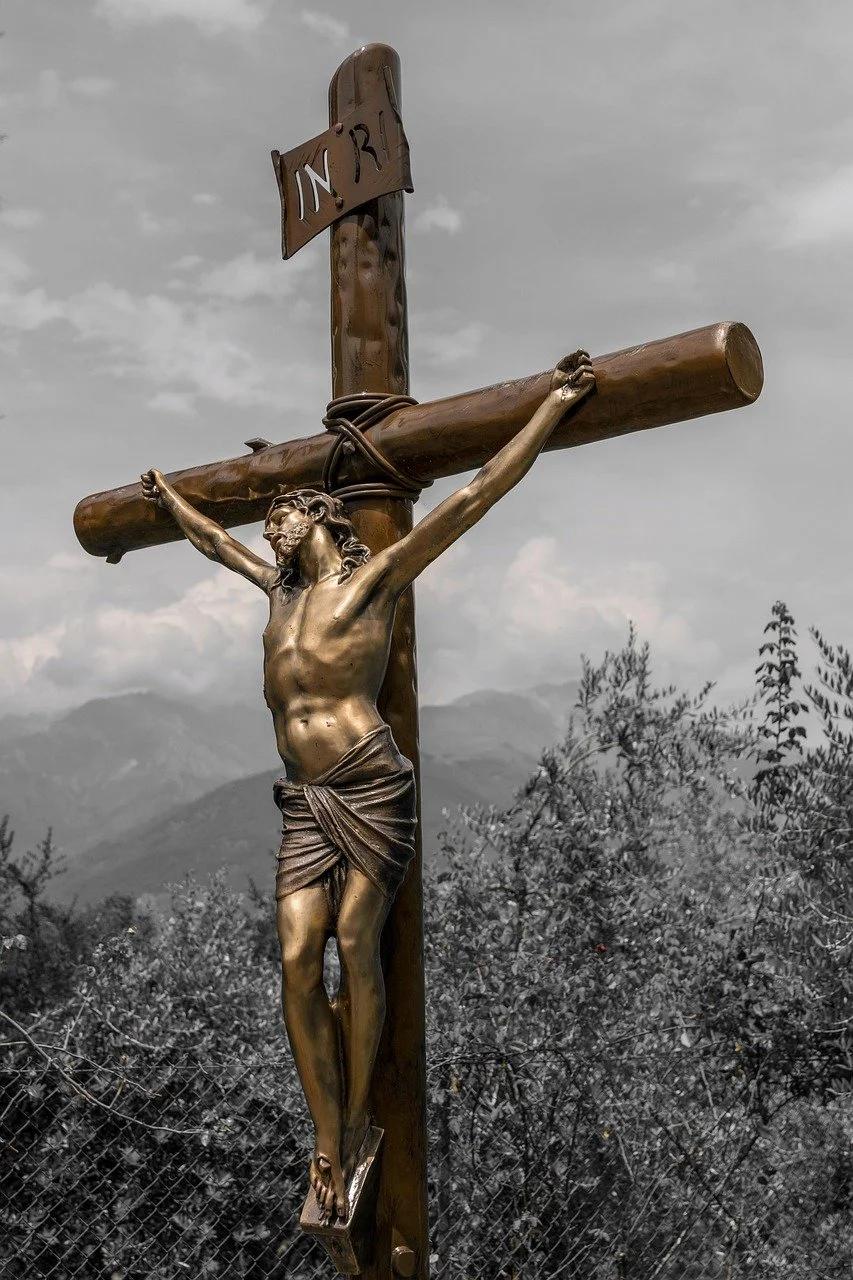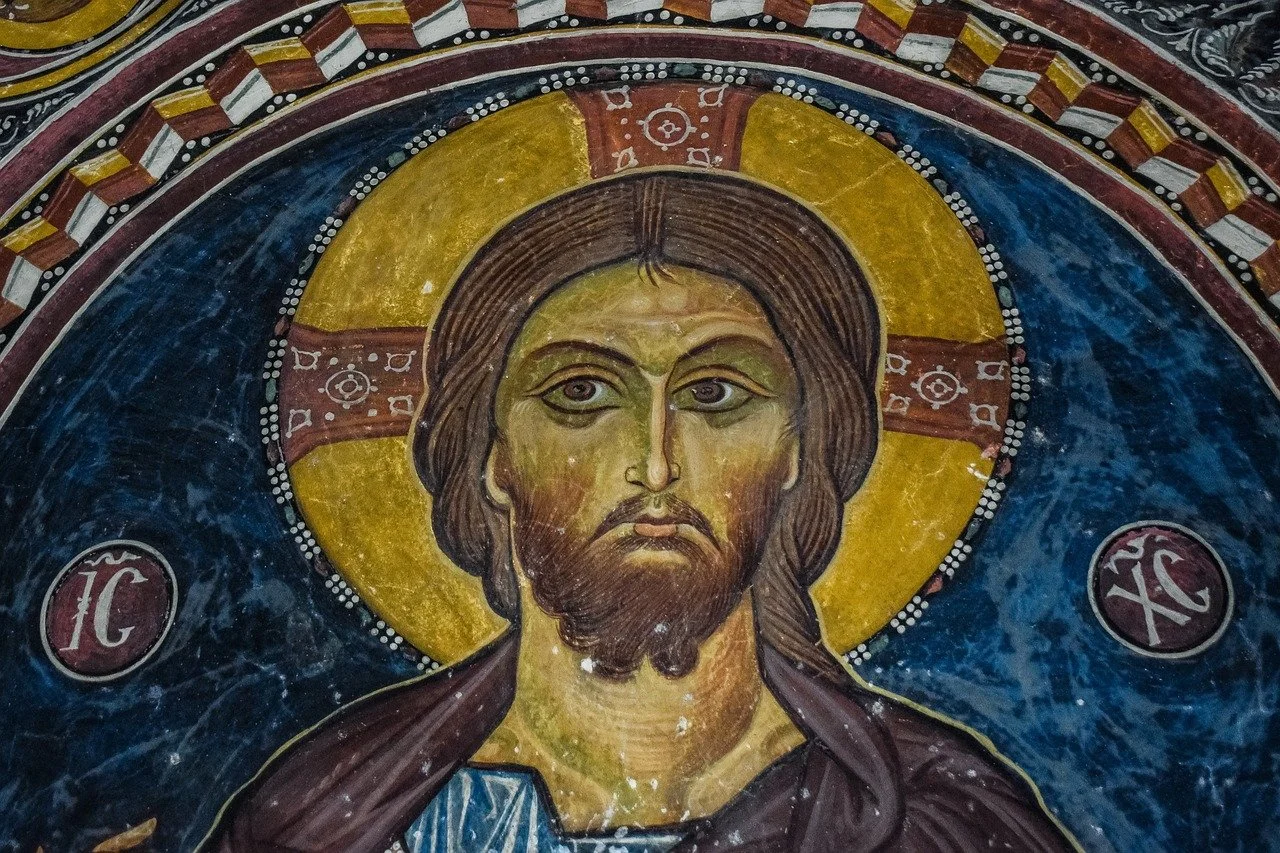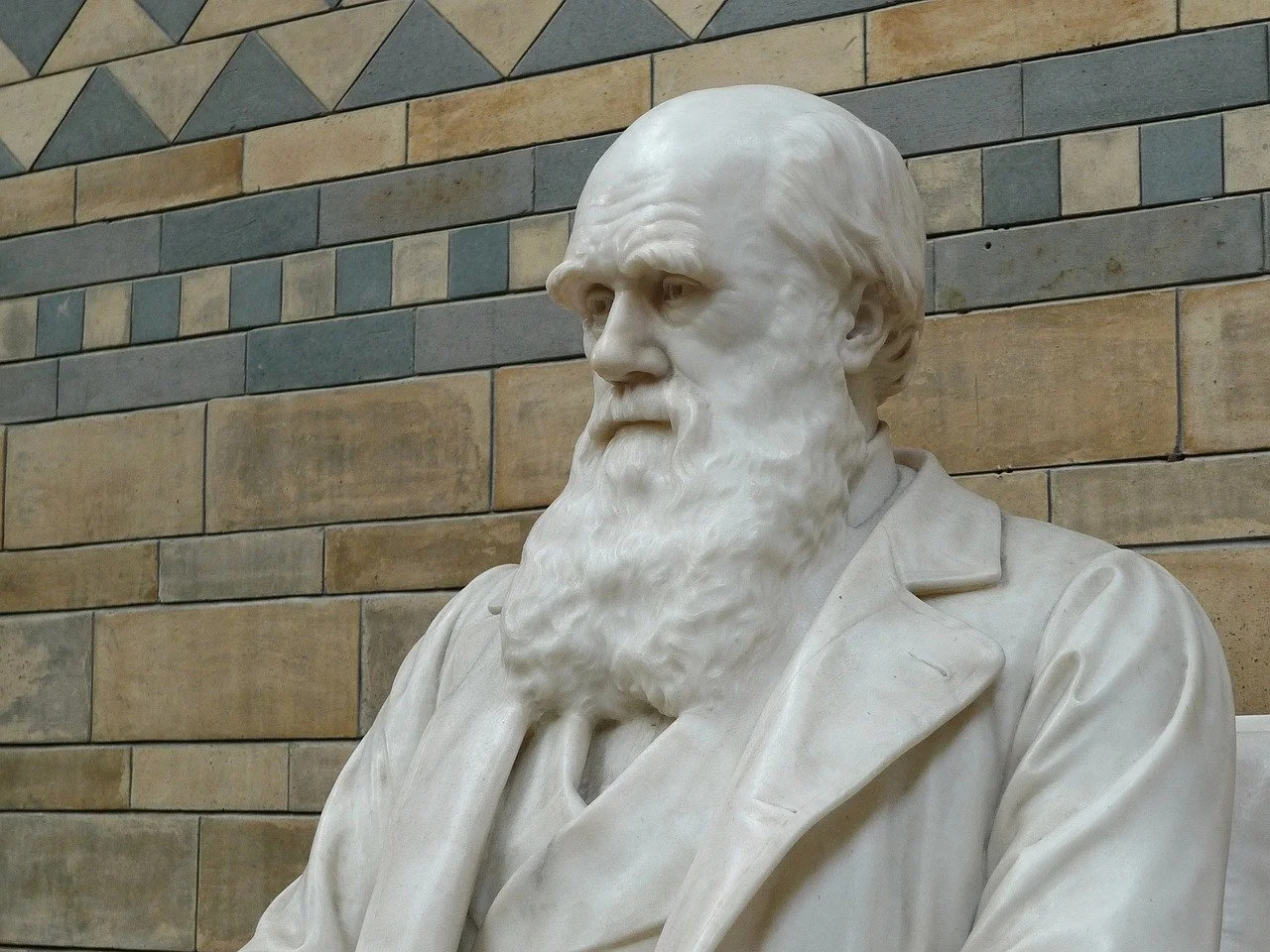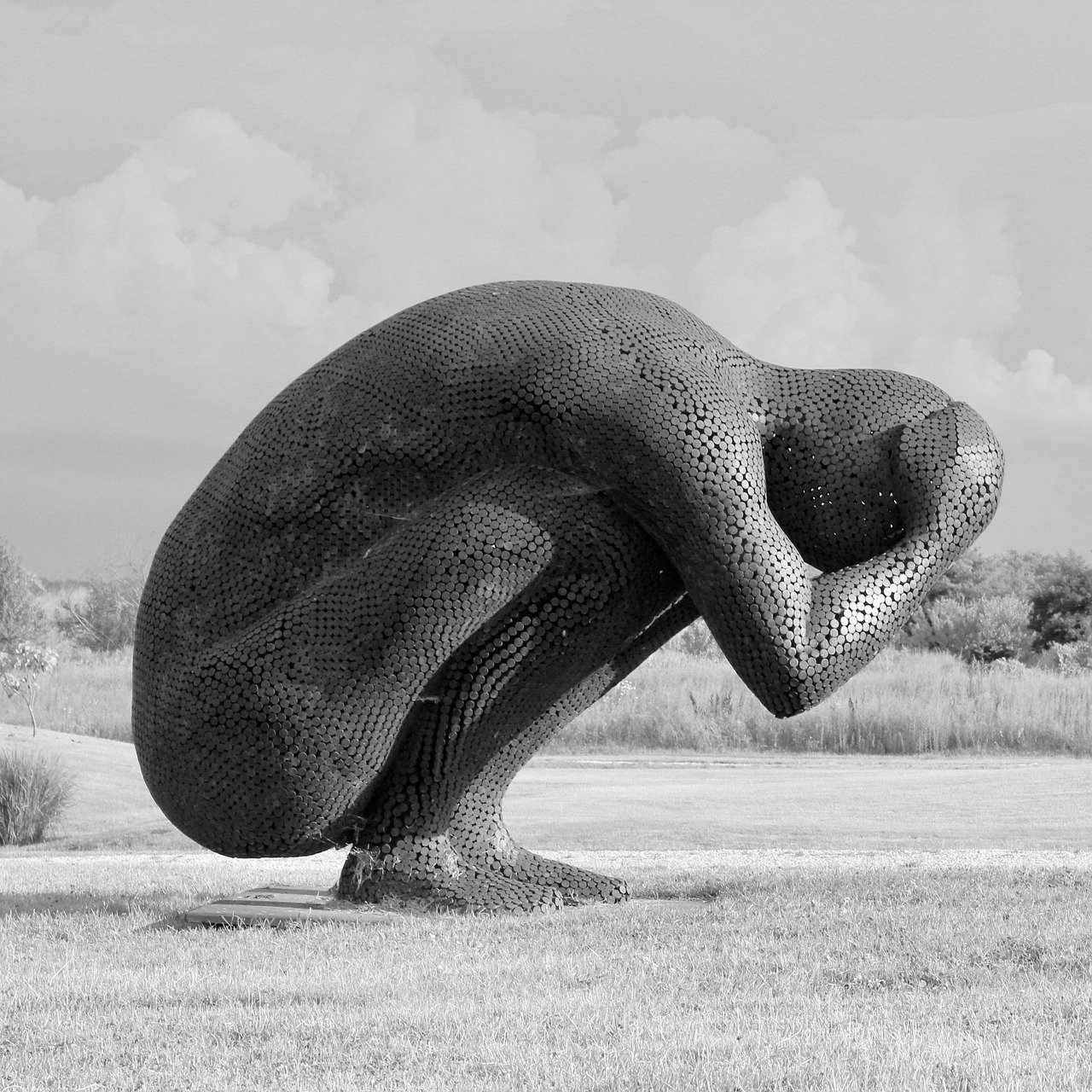Faith Musings: Nothing to Boast About - Part 5
As we see August come to an end, and September begin, I feel the pull of fall. I have always loved this season. From the changing leaves and the cooling temperatures, to the pumpkin muffins and jack-o-lanterns, fall always gives me a feeling of expectation. I think part of that stems from the fact that fall includes Halloween, Thanksgiving and leads to winter and my favorite time of year, Christmas. Seasonal changes give us many things to think about with regard to our faith walk with Jesus, and I will be pursuing some of those ideas soon, but today, I want to continue our walk through 1 Corinthians 2.
Image by claude alleva from Pixabay
“1 And when I came to you, brethren, I did not come with superiority of speech or of wisdom, proclaiming to you the testimony of God.
2 For I determined to know nothing among you except Jesus Christ, and Him crucified.
3 I was with you in weakness and in fear and in much trembling,
4 and my message and my preaching were not in persuasive words of wisdom, but in demonstration of the Spirit and of power,
5 so that your faith would not rest on the wisdom of men, but on the power of God.
6 Yet we do speak wisdom among those who are mature; a wisdom, however, not of this age nor of the rulers of this age, who are passing away;
7 but we speak God’s wisdom in a mystery, the hidden wisdom which God predestined before the ages to our glory;
8 the wisdom which none of the rulers of this age has understood; for if they had understood it they would not have crucified the Lord of glory;
9 but just as it is written,
“Things which eye has not seen and ear has not heard,
And which have not entered the heart of man,
All that God has prepared for those who love Him.””
Right now we are still looking at verses 1-9. We learned from Chapter 1:18-25 that man’s wisdom and God’s wisdom are two distinct things. The reality is God uses all that is contrary to our wisdom to accomplish His plan from the weak and foolish, to the cross of Christ, His wisdom is contrary to all that our wisdom believes is important. We see Paul reiterating these same ides as Chapter 2 begins and we read, “I determined to know nothing among you except Jesus Christ, and him crucified…”
6 - Yet we do speak wisdom among those who are mature; however, not of this age or of the rulers of this age who are passing away;
Paul, who has made clear that he was weak, and fearful when it came to his ability to speak, and who also made clear that his message was not of his own wisdom and ability, but God’s, now states with confidence he speaks wisdom among the mature.
Who were the mature? People who already knew the gospel, believed it and were living their lives following Jesus. Think of your own situation as a Christ follower. Do you feel like you know more now than when you first came to Him? Have you gained more understanding as you delved into His word? Would you consider yourself more mature than you were several decades ago? I say a resounding yes, but it is because of His work and His wisdom.
Let’s take a closer look at what this wisdom is (verses 6 - 9).
What it isn’t - Not of this age (and that is true just as much today as it was in Paul’s time). Not of the rulers of this age (who come and go, live and die). Not able to be understood without God.
What it is - Of God. A mystery. Hidden. Predestined before the ages. Prepared by God for those who love Him.
One may wonder if it is something God wants us to know and understand, why does He keep it a hidden mystery? Go back to the title of this series - Nothing to Boast About. He did the work. He does the work. He has hidden it, He will reveal it. What then is my part?
To believe.
It seems so very simple, but how often do we doubt? How often do we find ourselves second guessing? How often are we pacing the floor because we don’t see our prayers answered in our time line? How often do we live in the flesh, rather than in His Spirit?
Man’s wisdom says, “You do you! Be all you can be! Pull yourself up by your own bootstraps!”
God’s wisdom says, “Come to Me! Believe! Trust!”
How are you living today? By your own wisdom, or by trust God?

























































































